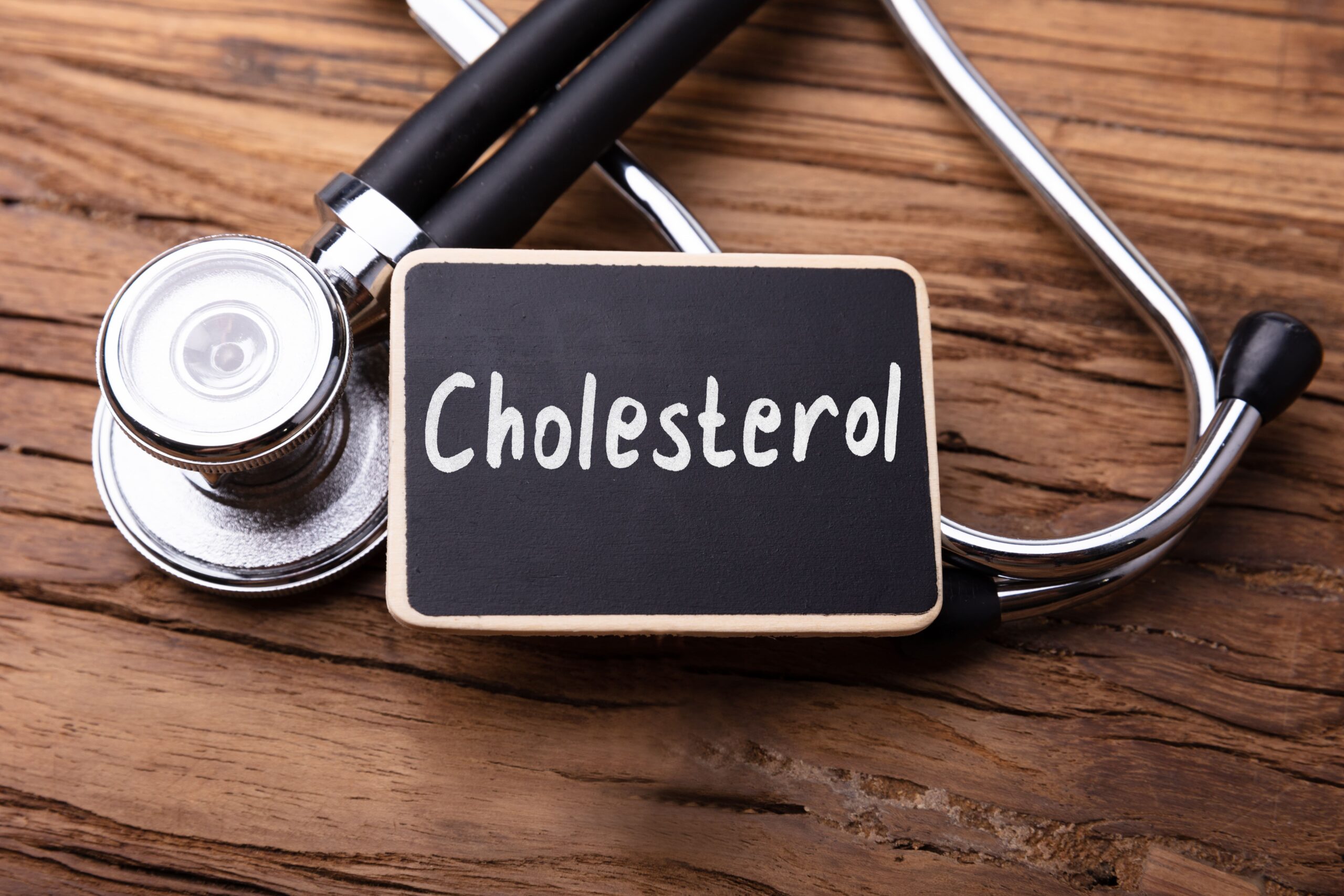Receiving a high cholesterol diagnosis can be concerning, as it is a major risk factor for heart disease and stroke. The good news is that it is highly manageable. An effective strategy for managing high cholesterol often involves a two-pronged approach: lifestyle adjustments and, when necessary, medication. Understanding both the powerful natural ways to lower cholesterol levels and the various medications to manage cholesterol levels can empower you to take control of your heart health. This guide will walk you through the best options available, helping you work with your doctor to create a personalized plan. Get a consultation with the best cardiologists in Brooklyn.
The First Line of Defense: Natural Ways to Lower Cholesterol Levels
Before turning to medication, most doctors will recommend making significant lifestyle changes. For many people, these adjustments alone are enough to bring their cholesterol into a healthy range. These natural methods form the foundation of any long-term plan for managing high cholesterol.
Revamp Your Diet
Your daily food choices have a direct and powerful impact on your cholesterol levels. Focus on a diet that lowers “bad” LDL cholesterol and raises “good” HDL cholesterol.
- Increase Soluble Fiber: Foods like oats, barley, apples, brussels sprouts, and beans contain soluble fiber, which binds to cholesterol in your digestive system and removes it from your body.
- Embrace Healthy Fats: Replace saturated and trans fats with unsaturated fats. Good sources include avocados, nuts, seeds, and olive oil.
- Incorporate Omega-3 Fatty Acids: Fatty fish like salmon, mackerel, and herring are rich in omega-3s, which can lower triglycerides (another type of blood fat) and support heart health.
- Reduce Saturated Fats: Limit your intake of red meat, full-fat dairy products, and processed foods that are high in saturated fats.
Prioritize Regular Physical Activity
Exercise is one of the most effective natural ways to improve your cholesterol profile. It helps raise HDL (good) cholesterol levels. Aim for at least 150 minutes of moderate-intensity aerobic exercise, such as brisk walking, swimming, or cycling, each week. Even adding more movement to your day, like taking the stairs or walking during your lunch break, can contribute to better heart health.
Achieve and Maintain a Healthy Weight
Losing even a small amount of weight—as little as 5 to 10 percent of your body weight—can significantly lower your LDL cholesterol and triglyceride levels. Combining a healthy diet with regular exercise is the most effective strategy for sustainable weight management.
Medications to Manage Cholesterol Levels
If lifestyle changes are not enough to reach your target cholesterol levels, your doctor may recommend medication. Several classes of drugs are available, and your cardiologist will choose the best one for you based on your specific health profile.
Statins
Statins are the most commonly prescribed medications to manage cholesterol levels. They work by blocking a substance your liver needs to make cholesterol. This causes your liver to remove cholesterol from your blood. In addition to lowering LDL cholesterol, statins can also help raise HDL cholesterol and lower triglycerides.
PCSK9 Inhibitors
This newer class of drugs is a powerful option for individuals with very high cholesterol, often due to a genetic condition, or for those who cannot tolerate statins. PCSK9 inhibitors are injectable medications that help the liver absorb less LDL cholesterol, which dramatically lowers the amount circulating in your blood.
Cholesterol Absorption Inhibitors
These medications, such as ezetimibe, work by preventing your small intestine from absorbing cholesterol from the food you eat. They are often prescribed in combination with a statin to enhance the cholesterol-lowering effect.
Other Medications
In some cases, other drugs may be used:
- Bile Acid Sequestrants: These drugs bind to bile acids in the intestines, which prompts your liver to use more cholesterol to make more bile acids.
- Fibrates: These are most effective at lowering triglycerides and can also modestly raise HDL cholesterol.
Creating Your Personalized Plan
The most effective approach to managing high cholesterol is a partnership between you and your healthcare provider. Your plan should be tailored to your individual risk factors, family history, and lifestyle.
Regular monitoring is crucial. Your doctor will order blood tests to track your progress and make any necessary adjustments to your treatment plan. It is important to find a physician you trust to guide you through this process. If you have significant risk factors or existing heart disease, seeking out the best cardiologists Brooklyn has to offer can provide you with specialized, expert care.
Whether through natural methods, medication, or a combination of both, you have the power to manage your cholesterol and protect your heart. A consultation with a skilled cardiologist can help you navigate your options and build a comprehensive plan for a healthier future. Do not wait to take this important step for your long-term well-being. For any cardiovascular problems, call us on +1 718 367 2555. The Cardiologists at Doral Health & Wellness consistently have outstanding patient satisfaction ratings. The professionals at Doral Health & Wellness Cardiology Brooklyn can improve your health and quality of life because of their vast training and experience. New Yorkers can get the greatest medical, surgical, and cardiovascular care at Doral Health & Wellness Brooklyn. Visit us at 1797 Pitkin Avenue, Brooklyn, NY 11212.






